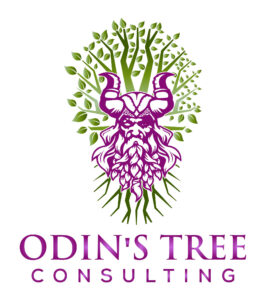As an HR leader, I can attest that the most successful companies are those that have not only identified their corporate core values but have also effectively integrated these values into their performance management process. Why is this so crucial? Because core values are the very essence of a company’s identity – they define what the company stands for and guide its business practices. When these values are aligned with performance management, they create a powerful synergy that drives business success.
The performance management process is a systematic approach to improving individual and team performance, which ultimately enhances overall business performance. It involves setting performance expectations, monitoring progress, developing employee capabilities, and evaluating performance.
So, how exactly do we use corporate core values in creating an effective performance management process? Here are some strategies:
- **Setting Performance Expectations**: Core values should be the foundation of performance expectations. Employees should understand that their performance is not only evaluated based on their job-related skills and competencies, but also on how well they embody the company’s core values. For example, if one of the core values is “customer satisfaction,” employees should be expected to always prioritize customer needs and strive for excellence in customer service.
- **Monitoring Progress**: Regular feedback is a key component of performance management. Managers should not only provide feedback on job performance but also discuss how well employees are living up to the company’s core values. This can help reinforce the importance of these values and encourage employees to incorporate them into their daily work.
- **Developing Employee Capabilities**: Training and development programs should not only focus on enhancing job-related skills but also on promoting the company’s core values. For instance, if “innovation” is a core value, training programs could include sessions on creative thinking and problem-solving.
- **Evaluating Performance**: During performance appraisals, employees’ adherence to the company’s core values should be a major factor in the evaluation. Employees who consistently demonstrate these values should be recognized and rewarded, which can motivate others to do the same.
- **Creating a Culture of Accountability**: When employees are held accountable for living up to the company’s core values, it fosters a culture of trust and integrity. This can boost employee morale and engagement, which in turn can enhance performance.
In conclusion, integrating corporate core values into the performance management process can lead to numerous benefits, including improved employee performance, increased engagement, and a stronger company culture. It’s not just about setting performance expectations and evaluating outcomes; it’s about creating a work environment where employees feel valued and motivated to contribute their best to the company’s success. As HR professionals, it is our role to ensure that this integration happens seamlessly and effectively.




